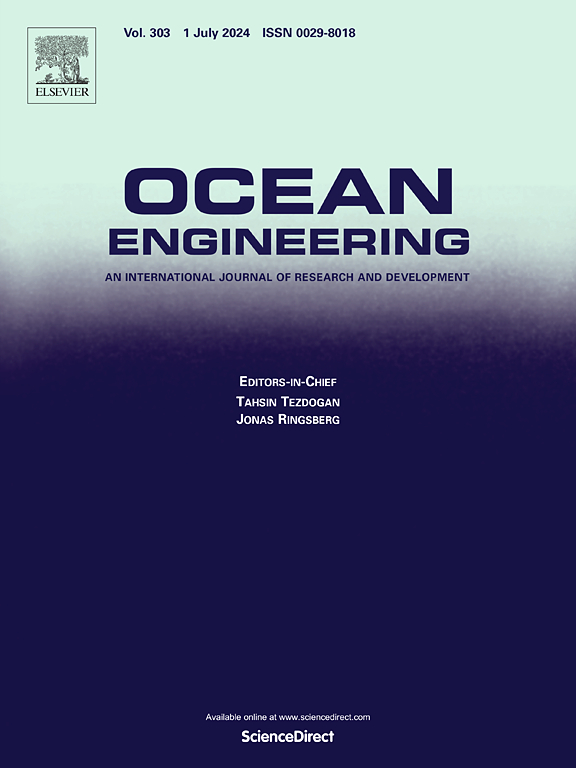基于联合学习的海运波高预测方法
IF 4.6
2区 工程技术
Q1 ENGINEERING, CIVIL
引用次数: 0
摘要
海洋波高(OWH)预报对沿海和海洋工程应用等多项海洋作业至关重要。该领域目前最先进的解决方案涉及建立基于机器和深度学习的模型,用于估算波高模式。这些现有解决方案缺乏理想的泛化能力,而且严重依赖数据、上下文和外部特征。为了解决这些局限性,本研究提出了一种基于联合学习的方法,利用长短期记忆(LSTM)网络和时态卷积网络(TCN)进行海洋波高估算。在联合学习环境中,利用由放置在不同海域的八个选定的国家数据浮标中心(NDBC)浮标组成的开源数据集,对所提出的解决方案进行了实验评估。其目的是证明,通过在分散的时间序列数据上训练单个模型,然后将其更新汇总到全局模型,可以获得与单个学习相当甚至更好的性能。通过实验评估,与现有的基准研究相比,验证了所提出方法的预测准确性、泛化和计算优势。本文章由计算机程序翻译,如有差异,请以英文原文为准。
A federated learning based approach for wave height prediction in maritime transportation
Forecasting Ocean Wave Height (OWH) is essential for several marine operations, such as coastal and ocean engineering applications. Current state-of-the-art solutions in the domain involve building machine and deep learning-based models for estimating wave height patterns. These existing solutions lack the desired generalization capability and heavily rely on data, contextual and external features. To address these limitations, a federated learning-based approach utilizing long short-term memory (LSTM) network and Temporal Convolutional Network (TCN) for ocean wave height estimation is proposed in the current work. The experimental evaluation of the proposed solution is performed in a federated learning setting, utilizing an open-source dataset comprising eight selected National Data Buoy Center (NDBC) buoys placed in various maritime regions. The aim is to demonstrate how comparable or even better performance than individual learning may be achieved by training the individual models on decentralized time-series data and then aggregating their updates to the global model. Through experimental evaluation, the resultant prediction accuracy, generalization, and computational benefits of the proposed approach are verified compared to the existing benchmark studies.
求助全文
通过发布文献求助,成功后即可免费获取论文全文。
去求助
来源期刊

Ocean Engineering
工程技术-工程:大洋
CiteScore
7.30
自引率
34.00%
发文量
2379
审稿时长
8.1 months
期刊介绍:
Ocean Engineering provides a medium for the publication of original research and development work in the field of ocean engineering. Ocean Engineering seeks papers in the following topics.
 求助内容:
求助内容: 应助结果提醒方式:
应助结果提醒方式:


